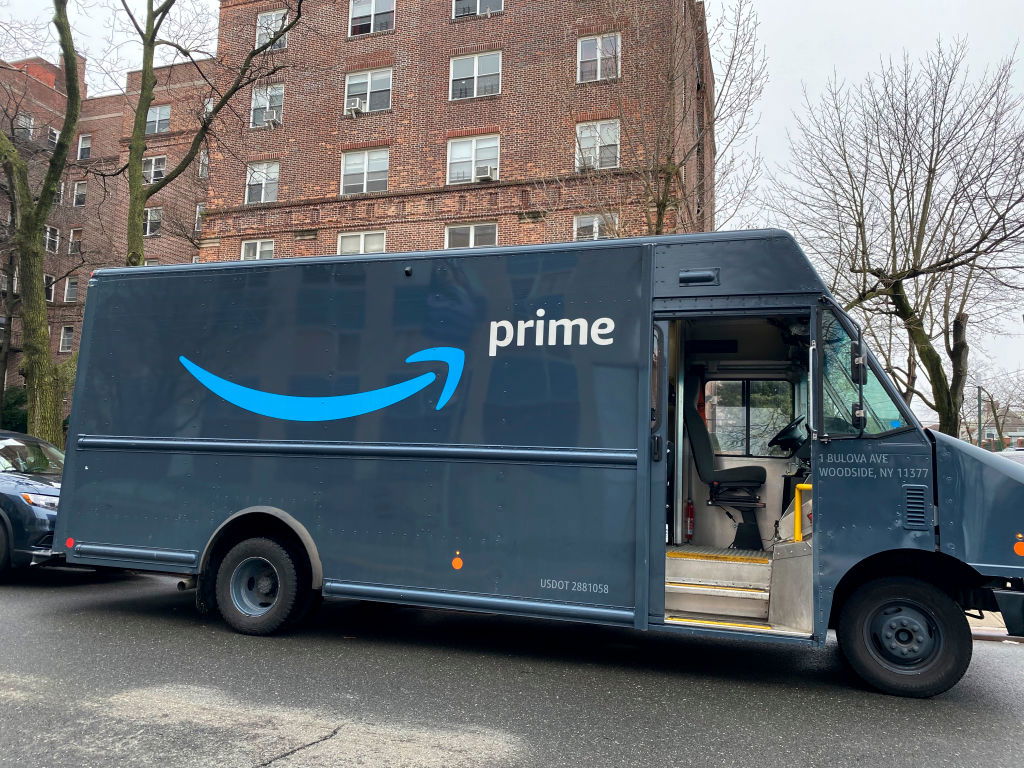
December 5, 2024
Lawsuit Accuses Amazon Of Slight Delivery Service To Predominantly Black D.C. Neighborhoods
If safety was a concern, something else could have been done.
Online retail conglomerate Amazon was hit with a lawsuit for allegedly slowing down Prime delivery service in two predominantly Black neighborhoods in Washington, D.C., while customers still paid for the service, Associated Press reports.
The suit, filed by D.C. Attorney General Brian L. Schwalb, accuses the company of delaying delivery to two low-income ZIP codes, 20019 and 20020, also known as Ward seven and eight, forcing customers to rely on third-party delivery services, including UPS and USPS in 2022. By embedding a delivery “exclusion,” customers in the ZIP codes were still paying $139 a year or $14.99 per month for Prime delivery, which included one-day, two-day, and same-day shipments.
Schwalb’s office claimed the company failed to alert Prime members within the regions about the change and experienced slower deliveries without an explanation. The suit also alleges Amazon did not tell new customers about the exclusions when they signed up for Prime memberships. “Amazon is charging tens of thousands of hard-working Ward 7 and 8 residents for an expedited delivery service it promises but does not provide,” Schwalb said in a statement.
“While Amazon has every right to make operational changes, it cannot covertly decide that a dollar in one ZIP code is worth less than a dollar in another.”
One resident, Sehree Mickel, said some packages didn’t come for close to a week after ordering. Mickel says she has lived in southeast D.C. for over four years and has been an Amazon Prime member for several years. She noticed the limited number of Amazon trucks seen in her new neighborhood since she lived in Virginia prior. “It’s not one to two days. It’s more five to six, seven days sometimes. And I’m like…are we still doing Prime?” Mickel said, according to Fox 5 DC.
“I noticed there were no Prime trucks in our neighborhood, not even on our street or even in the block when you’re leaving to go out, you don’t see any trucks in the area.”
She decided to test the theory of the lack of deliveries correlating with the ZIP codes. “So, I reached out. I said, ‘I’m going to send it to my old address in Alexandria.’ They got it in the same day within hours, dog bags. They got it within the same hour,” she remembered.
“So, I said…‘Hmm…I’m going to send it to my friend in Upper Marlboro; they got it later that night or early the next morning. Same product, several days? That doesn’t make sense.”
Amazon seemingly defended its stance, claiming the change was made due to driver safety concerns, stating there have been targeted acts of violence. “There have been specific and targeted acts against drivers delivering Amazon packages” in the two ZIP codes, and the company made the change to “put the safety of delivery drivers first. “We made the deliberate choice to adjust our operations, including delivery routes and times, for the sole reason of protecting the safety of drivers,” spokesperson Kelly Nantel said in a statement.
“The claims made by the attorney general, that our business practices are somehow discriminatory or deceptive, are categorically false.”
Since 2020, the suit says more than $4.5 million has been spent by Prime members, with 50,000 members being affected in the targeted region. Several residents rely on such services, especially for food deliveries, since the area is a noted food desert. Prior to Amazon’s decision to implement its delivery “exclusion,” over 72% of Prime packages in the listed ZIP codes were delivered within two days.
However, it dropped to 24% in 2023.
RELATED CONTENT: HBCU Students Take Flight In Partnership With Amazon’s Prime Air Program